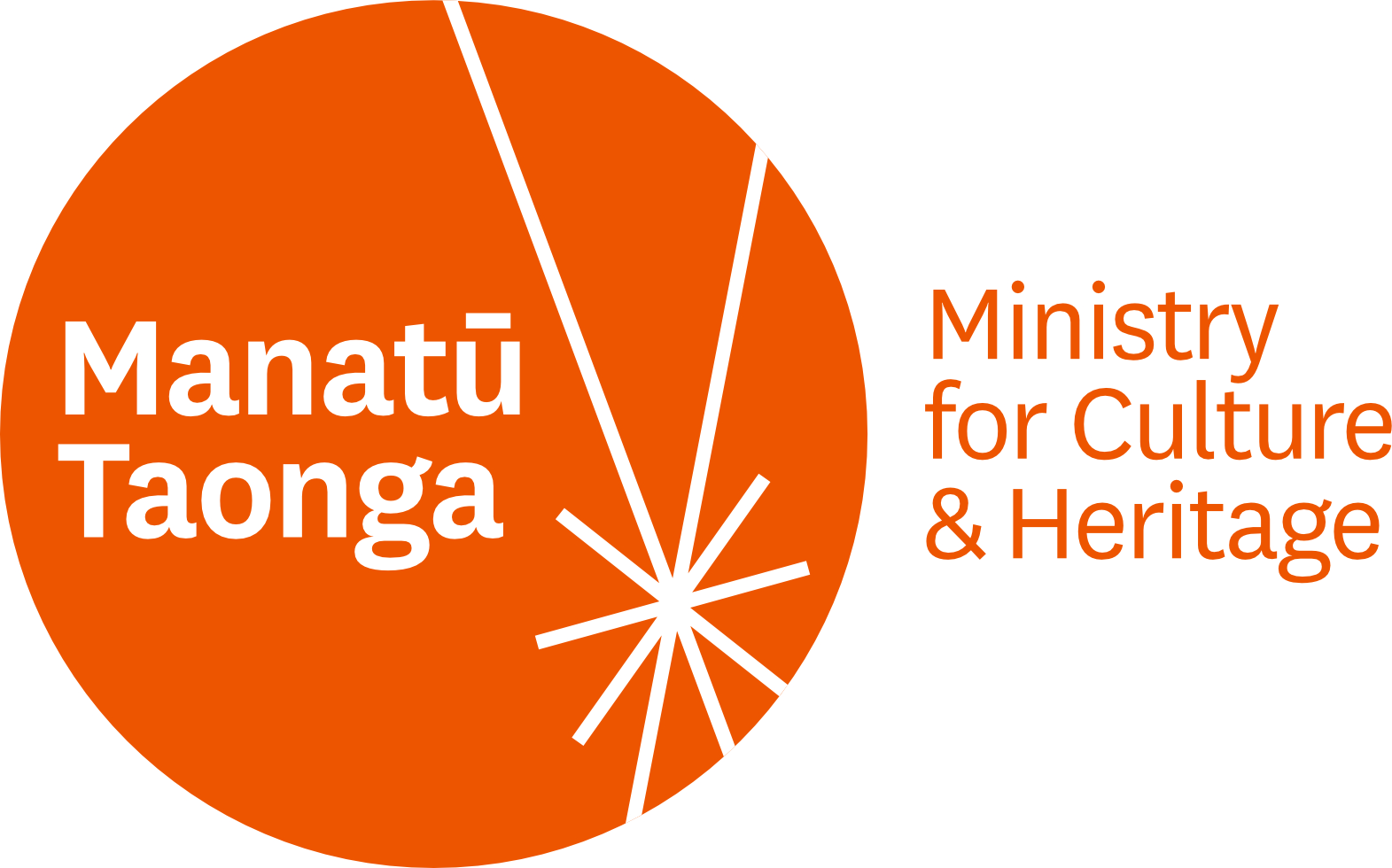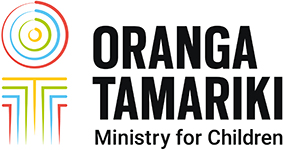 For the past 20 years, Touch Compass has been a touchstone for me throughout my artistic career, and so I have always wanted to see it thrive and grow.
For the past 20 years, Touch Compass has been a touchstone for me throughout my artistic career, and so I have always wanted to see it thrive and grow.
 When I was offered the opportunity to be on the Touch Compass Artistic Direction Panel it was a chance to collaborate with longstanding members, Lusi Faiva and Rodney Bell, and be part of a team bringing Touch Compass into the 21st century.
When I was offered the opportunity to be on the Touch Compass Artistic Direction Panel it was a chance to collaborate with longstanding members, Lusi Faiva and Rodney Bell, and be part of a team bringing Touch Compass into the 21st century.
Our mission is to raise the level of disability consciousness within the organisation and to reflect this in the quality of work. There’s a huge difference between work created through the lens of non-disabled people and work that’s authentically driven by the lived experience of disability.
Obviously, any performance organisation is going to evolve over the years and I think we are now reaching a critical point in society where disabled people are finally starting to have more agency within their organisations. The new Whaikaha Ministry of Disabled People is a case in point.
An impressive legacy of work
Touch Compass was founded in 1997 by the very talented Catherine Chappell MNZM and spent most of its life as an integrated dance company. Over the years, it’s created an impressive legacy of work and the more recent shift to a disability-led focus has sharpened its intention.
Its central focus is to make art, and it’s exciting to see that dovetail with a disability, Māori and Pasifika consciousness.
What it means to be disability-led at Touch Compass is still evolving. What does disability leadership look like? This is a question I’m continuing to explore and deconstruct.
What it suggests is that there is a strong disability consciousness at the core of the organisation’s values and this informs its ethos. We are a diverse collective of disabled and non-disabled.
Crucial to us is that we are committed to developing a disability consciousness that includes understanding the historical, cultural and political context of what it means to be disabled.
We are identifying with the social and affirmative models of disability. The social model articulates how society is structured to disable people who have an access need whereas the affirmative model tries to up-end the negative associations with disability and values access needs as a positive, generative lifestyle.
The journey to becoming disability-led has been one of an attitudinal shift. As we know, this is a gradual process and dependent on the level of consciousness of individuals in key positions.
Promoting disabled leadership
It’s been a process of recognising that disability was the organisation’s point of difference, and so promoting disabled leadership and having people with disabilities in key decision-making positions is essential to developing a disability lens for the work.
 Our first disabled artistic director was Pelenakeke Brown and when Pelenakeke left just over a year ago, the company established the current Artistic Direction Panel.
Our first disabled artistic director was Pelenakeke Brown and when Pelenakeke left just over a year ago, the company established the current Artistic Direction Panel.
Our role is to steer the artistic direction and we are supported and overseen by our Kaiwhakahaere Matua General Manager, Jon Tamihere-Kemeys, and Creative Producer, Izzy Robinson. Also in support is our marketing director, Xan Hamilton, Education Development Lead Vivian Medina, and accountant Anna Tapine. Long-standing member of Touch Compass, Alisha McLennan Marler, is our Access, Inclusion and Outreach Coordinator.
Pivotal role of Touch Compass board
The Touch Compass board has been pivotal in the shift to disability-led and our current board members are Allie Fitzgerald, Andrew McMillan, Anna Tapine, Caroline Tate, Linda Parker-Wendt and the chair, Guy Ryan.
The challenge for us now is to maintain a structure that is robust and supportive, and allows people to grow and push their boundaries. Easy to say and not easy to do when performing arts is always a precarious industry and even more so with the pandemic.
Layer in disability arts, which have long been marginalised, and we definitely have our work cut out for us. The silver lining is that international disability arts are more funded and more recognised than ever before so if we can ride that wave then we will be in for an exciting time.
Dr Suzanne Cowan is an artist/creator/researcher and member of the Touch Compass Artistic Direction Panel. Read Opportunities for choreographer and Touch Compass





